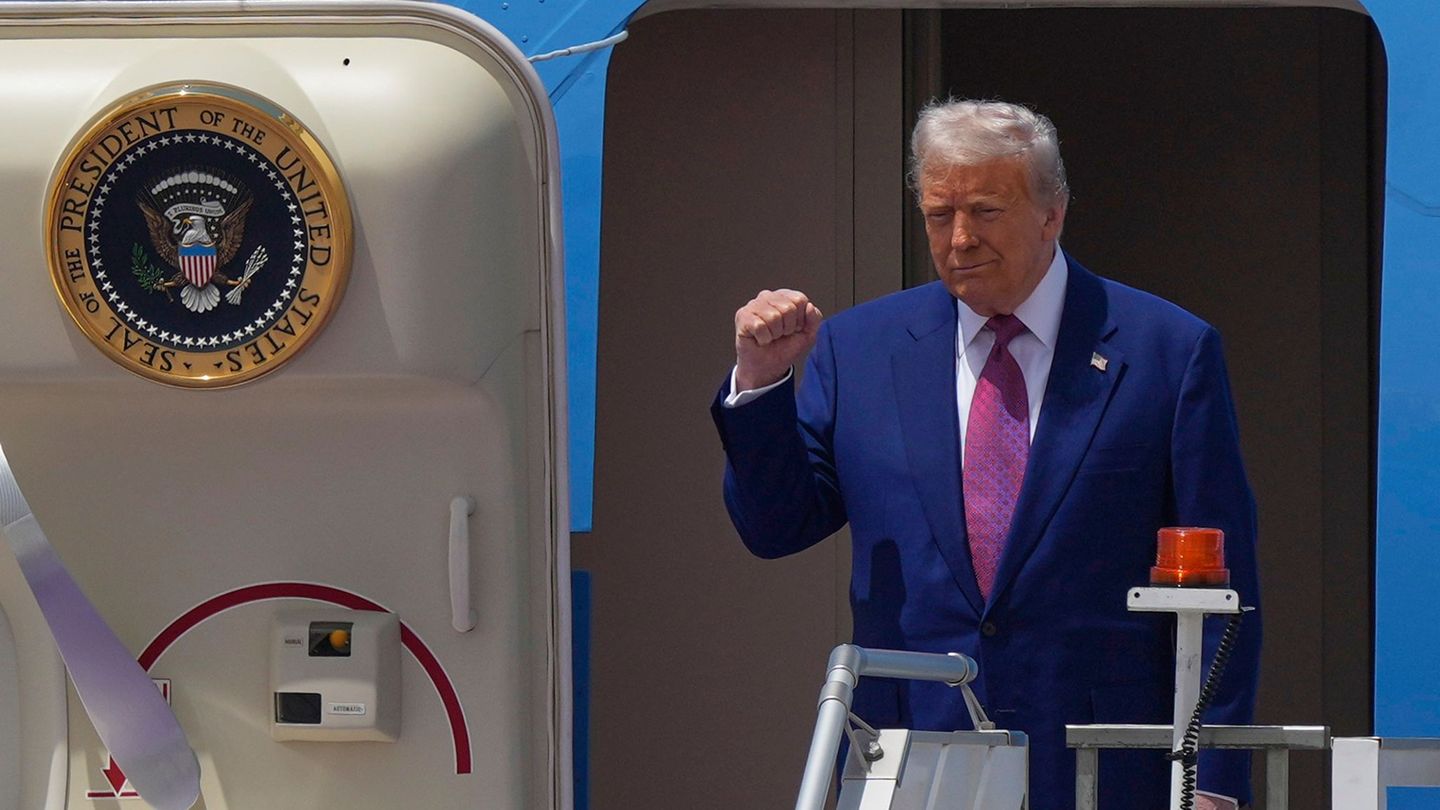The world disputes the role of the dollar as an international reserve currency and yet Argentina advances with currency competitiona new way to dollarize the country.
Cavallo, the shadow advisor
Javier Milei and its officials began to show signs of changes in their economic policy. They express the need to go towards a positive real interest rate and reducing the PAIS tax to finally be able to lift the exchange rate, in line with what was suggested by the IMF itself. The ultimate goal seems to be to have a “currency competition” scheme in our economy. They propose to return to a failed model like that of the 90s, and that is why it is no coincidence that one of the defenders of that idea is Domingo Cavallo.
The former Minister of Economy recently pointed out in his blog the steps that he believes the government should follow to achieve the famous coin competition. Among them are the lliberalization of the financial market, sanction money laundering and authorize banks to receive deposits in dollars with the same ease and prerogatives as deposits in pesos.
But The famous currency competition is nothing more than the consolidation of the de facto dollarization of our economy. Let’s be honest: if the dollar achieved its hegemony after establishing itself as an international reserve currency after the United States won World War II, how could one expect the Argentine peso to be able to compete with such a hegemon? He only closes the idea with the President’s already expressed will: destroy the State and the national currency, and impose a new form of dollarization.
Blend to lose weight
The first thing we have to remember is that Milei started his government by turning on the blender: he dedicated himself to destroying peso deposits. He accelerated inflation with a megadevaluation and lowered the interest rate seeking to reduce the demand for pesos. The destruction of the value of our national currency (from the reduction of interest rates) is a way of translating the “liquefaction” that Milei alluded to as an economic plan. If saving in pesos is severely punished, going towards the dollar will always be a good option. Dollarizing or going towards a free choice of currencies scheme, a more elegant name, remains the ultimate goal of this government. A measure that institutionalizes the bi-monetarism of our economy, making its reversal even more difficult.
From Latin American structuralism, the scarcity of foreign currency has historically been highlighted as an obstacle to industrialization. Argentina’s dependence on its agricultural exports, which do not generate enough dollars to support sustained industrial growth, has led to the chronic state of foreign exchange deficit. However, the current problem goes beyond the real economy and delves into the financialization of the economy. External debt and capital flight have exacerbated this situation, consolidating an economy in which dollars are the currency of choice for the accumulation of wealth and carrying out important transactions, such as the purchase of real estate and currently also cars, mainly used.
Convertibility reloaded
Convertibility is the model that Milei seeks to repeat. An experience that in its last expression, the 90s, temporarily stabilized inflation but also led the country to the destruction of a large part of its productive fabric with very bad consequences on employment and poverty. A fixed and appreciated exchange rate, such as that produced by dollarization, does not automatically guarantee greater competitiveness or salary improvements. On the contrary, it could aggravate inequality and limit the country’s ability to manage its economic policy autonomously.
In short, total dollarization could mean the definitive loss of Argentina’s monetary sovereignty, tying its economic destiny to the fluctuations of a currency that it does not control. Instead of looking for easy solutions that could mortgage the country’s future, it is essential that Argentina addresses its structural problems, strengthening its currency and its economy through comprehensive policies that encourage investment, savings and sustainable development. Only in this way can you build a future where the Argentine peso is a currency of trust and stability.
Economic policy must focus on resolving the underlying issue: the lack of confidence in the peso and the need for an economic model that allows sustainable and equitable development. This includes strengthening financial institutions, implementing responsible fiscal policies, and fostering a favorable investment environment. History shows that simplistic solutions, such as the “chainsaw and blender” plan coupled with coin competition, can have serious and long-lasting consequences. Therefore, it is crucial that Argentina makes informed and strategic decisions to ensure a prosperous and autonomous future.
Economist, Director of Banco Ciudad
Source: Ambito
David William is a talented author who has made a name for himself in the world of writing. He is a professional author who writes on a wide range of topics, from general interest to opinion news. David is currently working as a writer at 24 hours worlds where he brings his unique perspective and in-depth research to his articles, making them both informative and engaging.




